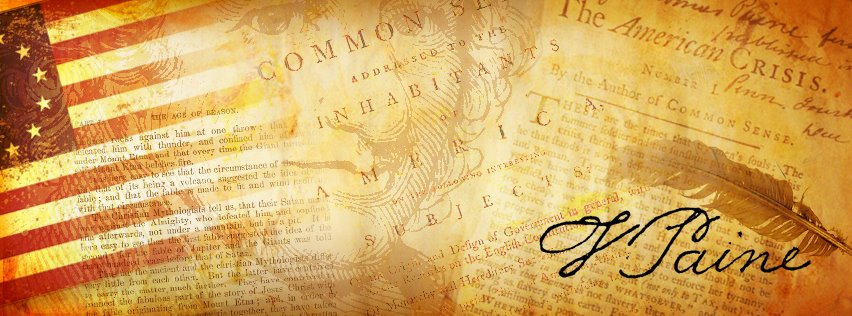There is not, throughout the whole book called the Bible, any word that describes to us what we call a poet, nor any word that describes what we call poetry. The case is, that the word prophet, to which a later times have affixed a new idea, was the Bible word for poet, and the word ‘prophesying’ meant the art of making poetry. It also meant the art of playing poetry to a tune upon any instrument of music.
We read of prophesying with pipes, tabrets, and horns–of prophesying with harps, with psalteries, with cymbals, and with every other instrument of music then in fashion. Were we now to speak of prophesying with a fiddle, or with a pipe and tabor, the expression would have no meaning, or would appear ridiculous, and to some people contemptuous, because we have changed the meaning of the word.
We are told of Saul being among the prophets, and also that he prophesied; but we are not told what they prophesied, nor what he prophesied. The case is, there was nothing to tell; for these prophets were a company of musicians and poets, and Saul joined in the concert, and this was called prophesying.
The account given of this affair in the book called Samuel, is, that Saul met a company of prophets; a whole company of them! coming down with a psaltery, a tabret, a pipe, and a harp, and that they prophesied, and that he prophesied with them. But it appears afterwards, that Saul prophesied badly, that is, he performed his part badly; for it is said that an “evil spirit from God [NOTE: As thos; men who call themselves divines and commentators are very fond of puzzling one another, I leave them to contest the meaning of the first part of the phrase, that of an evil spirit of God. I keep to my text. I keep to the meaning of the word prophesy. –Author.] came upon Saul, and he prophesied.”
Now, were there no other passage in the book called the Bible, than this, to demonstrate to us that we have lost the original meaning of the word prophesy, and substituted another meaning in its place, this alone would be sufficient; for it is impossible to use and apply the word prophesy, in the place it is here used and applied, if we give to it the sense which later times have affixed to it. The manner in which it is here used strips it of all religious meaning, and shews that a man might then be a prophet, or he might Prophesy, as he may now be a poet or a musician, without any regard to the morality or the immorality of his character. The word was originally a term of science, promiscuously applied to poetry and to music, and not restricted to any subject upon which poetry and music might be exercised.
Deborah and Barak are called prophets, not because they predicted anything, but because they composed the poem or song that bears their name, in celebration of an act already done. David is ranked among the prophets, for he was a musician, and was also reputed to be (though perhaps very erroneously) the author of the Psalms. But Abraham, Isaac, and Jacob are not called prophets; it does not appear from any accounts we have, that they could either sing, play music, or make poetry.
We are told of the greater and the lesser prophets. They might as well tell us of the greater and the lesser God; for there cannot be degrees in prophesying consistently with its modern sense. But there are degrees in poetry, and there-fore the phrase is reconcilable to the case, when we understand by it the greater and the lesser poets.
The Age of Reason » Part 1 » Chapter 7 – Examination of the Old Testament.
